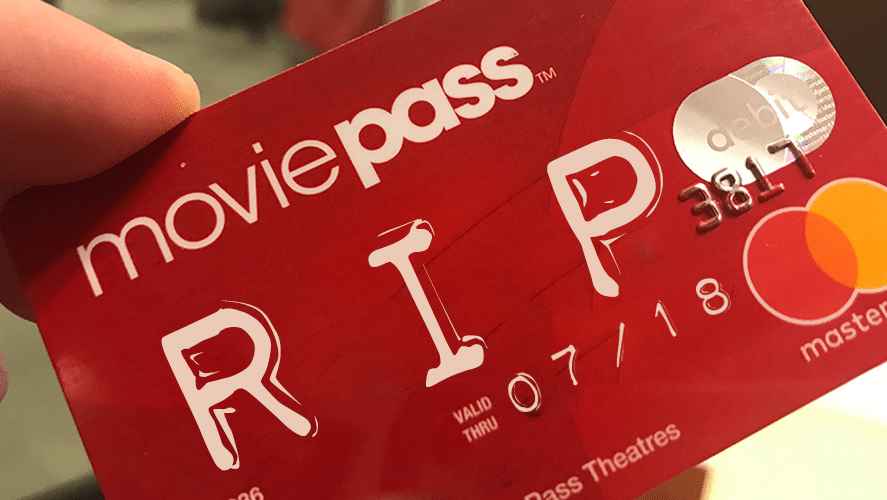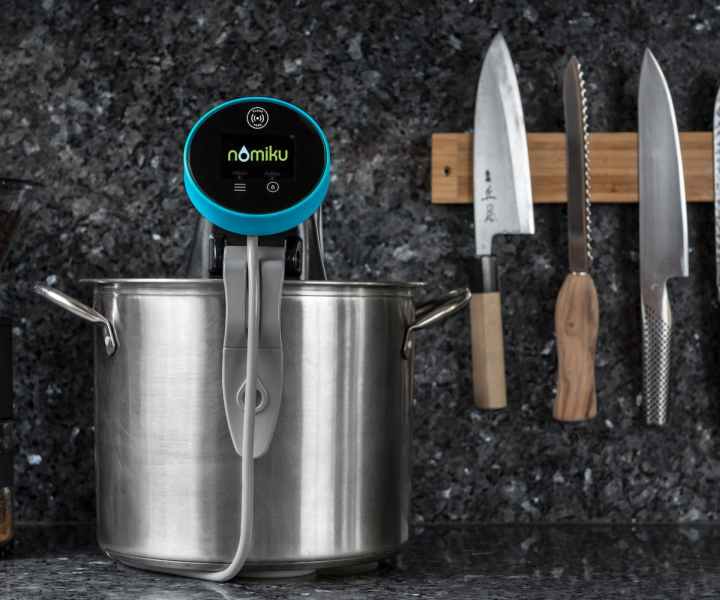Remembering failed startups of 2019

At TechStartups, we take pride in covering the best and up-and-coming technology startups. But while covering successful startups is so much fun, sometimes we take a look at not-so-successful startups. We understand that death is inevitable and it’s part of every life cycle, including startup lives. Let’s be honest, launching a successful is startup is hard and not every startup will make it to the finish line.
It is estimated that a staggering 90% of startups fail. Of course no founder wants to be part of that club. In as much as launching a successful startup takes talent, expertise, technology know-how, and funding, startup founders still don’t have complete control on the outcome of their startups. Life is unpredictable and sometimes we have to make hard decision and let go. All we can do is our best on things we have control over and leave the rest to what some called the “good timing and luck.” In the end, the odds may still be against you, which leads us to startups that ceased operations in 2019.
As we look back into 2019, we remember these startups, the founders, and the hard work they put in over the years. We plan to update this list as we received addition information from our readers. Please free to share failed startups with us. So, as 2019 draws to a close and look forward to 2020, let’s take a moment to remember some of the startups we lost in 2019. From Anki to MoviePass, here are some of the companies that didn’t make it.
Anki (2010-2019)
Total Raised: $182 million

Anki is an entertainment robotics startup dedicated to bringing artificial intelligence and robotics to people’s everyday lives. The startup decided to close its door after burning through $182 million. Anki was founded in 2010 by Carnegie Mellon Robotics Institute graduates, Boris Sofman, Hanns Tappeiner, and Mark Palatucci, the San Francisco-based Anki creates consumer entertainment experiences using technology that was once confined to robotics labs and research institutes. Anki was recently named one of the top 50 most innovative companies in the world by Fast Company. On its website, Anki displays a banner with message saying: “It is with a heavy heart to inform you that Anki has ceased product development and we are no longer manufacturing robots. To our partners and customers, thank you for all your support and joining us on this journey to bring robotics and AI out of research labs and into your homes.”
Nomiku (2012-2019)
Total Raised: $145 million

Nomiku is a San Francisco-based startup born after one of the most successful Kickstarter projects in history for its inaugural Nomiku Immersion Circulator. Founded in 2012 by Abe Fetterman, Lisa Fetterman, and Wipop Suppipat, Nomiku creates tools that enable everyone to cook the best food possible. The startup shipped its second product, the smallest and most powerful sous vide device with a companion app, to homes and restaurants all over the world before shutting down business in 2019. On its website, Lisa Co-Founder, CEO and Team Nomiku, left this message: “Hello friend, Well, I am sorry to say that we have reached the end of the road. It is with a heavy heart (and deep-felt gratitude for your patronage) that we are writing to let you know that we are discontinuing the Nomiku Smart Cooker and Nomiku Meals effective immediately, and suspending operations. While we still believe in the concept, we simply were not able to get to a place of sustainability to keep the business going. Thank you very much for your support, it has meant a lot to myself and everyone here at Nomiku.”
Daqri (2010 – 2019)
Total Raised: $250 million

We first wrote about Daqri back in September 2019, when the once high-flying enterprise-grade AR headsets startup, shut down after burning through over $250 million of investors’ money. Daqri was founded in 2010 by Brian Mullins, Gaia Dempsey, and Philip Tolk. The startup entered the market in February 2011 after releasing an augmented reality publishing platform designed to superimpose an image or video over a smartphone’s camera after scanning a QR code. Before its shutdown, DAQRI raised a total of $275 million in funding over 2 rounds. Its latest funding was raised on Jul 21, 2017 from a Private Equity round. Daqri first unveiled its Smart Helmet at CES 2016 as part of Intel’s keynote. The startup also acquired 1066 Labs, a leading head-mounted display manufacturer focused on serving enterprise clients with augmented reality solutions, as well as U.K.-based Two Trees Photonics, a holographic technology company.
On September 9th, 2019, the struggling augmented reality helmet maker announced via email to its employees that it was pursuing an asset sale and was shutting down its cloud and smart-glasses hardware platforms by the end of September. The company said it is taking part in an asset acquisition that will “put an end to [Daqri’s] industrial wearables business and begin the wind down of the company.” TechCrunch first reported the news citing former employees and “sources close to the company.”
Omni (2014-2019)
Total Raised: $35 million

Omni, a rental and storage shutters after struggling to make the economics of equipment rentals and physical on-demand storage work out. Founded in 2014 by Aaron Wiener, Adam Dexter, and Thomas McLeod, the San Francisco, California-based Omni is a marketplace that lets you rent products from nearby stores. Omni provides access to the things you need through its rentals platform. By partnering with local businesses, Omni is bringing rentals to communities so everyone can have access to more items — from bikes and surfboards to camping equipment and air purifiers. Customers can reserve items from local businesses and pick up them instantly, or book rentals in advance. But after five years, the startup struggled to make it and build a profitable business. It later closed its door in November 2019.
On its website, the Omni team left a farewell message that reads: “Dear customers and partners, Since 2014, we’ve been committed to giving you access to the things you need when you need them, encouraging communities to share more and buy less. We’ve been honored to work with small businesses and the communities they serve. After deep consideration, we’ve made the difficult decision to close our platform and end operations. More than anything, we want to say thank you to our customers, partners and community who have shown us a tremendous amount of love and support over the last five and a half years. Thank you for including Omni in life’s big moments, from birthday parties to family reunions to Friendsgivings, and joining us in an effort to reduce waste and enable more conscious consumerism.”
Munchery (2011-2019)
Total Raised: $125 million

Startups live and die by their ability to acquire new customers and meet customers’ needs. Munchery is no different. We may have great ideas and great execution, but in the end, it boils down to meeting customers’ needs and market agreement. In some cases, however, some startups do succeed where others have failed. We wrote about Munchery back in January when the on-demand food delivery startup shuts down after burning through $125 million in funding.
Munchery is a San Francisco on-demand food delivery startup that offers and delivers microwavable dinners and meal kits in its hometown and other Western cities. The company later send its last email message to its customers that it had gone out of business. Founded in 2011 by Conrad Chu, Tri Tran, and Van Tran, with the goal to reinvent the weeknight dinner, and making it ridiculously easy to put a delicious, healthy meal on the table. Throughout out its lifetime, Munchery raised a total of $125 million in venture capital funding. At one point, the startup reached a $300 million valuation with an $87 million round in 2015, according to PitchBook. Munchery was backed by Greycroft, ACME Ventures (formerly known as Sherpa Capital), Menlo Ventures, e.Ventures, Cota Capital, M13 and others.
MoviePass (2011-2019)
Total Raised: $68.7 million

Founded in 2011 by Hamet Watt and Stacy Spikes, MoviePass employs location-based technologies to allow individuals to watch movies at local theaters for a fixed monthly price. MoviePass’s parent company, Helios and Matheson Analytics, notified MoviePass subscribers on Friday that it would be interrupting the service effective Saturday, September 14, 2019. Before shutting down, MoviePass raised a total of $68.7M in funding over 3 rounds. Their latest funding was raised on Oct 3, 2018 from a Series B round. Back in 2017, we also wrote about the struggling startup when spun off from parent company, Helios and Matheson. MoviePass was going through a lot of struggles at the time had repeatedly adjusted its movie subscription plans and took out hefty loans to cover massive losses that is over $100 million in the second quarter of 2018 alone.

